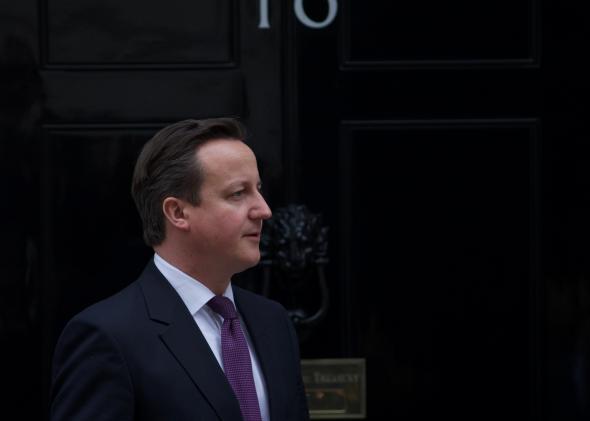Earlier this week, amid increasing media pressure, the U.K. prime minister’s office confirmed that authorities arrested top David Cameron aide Patrick Rock on Feb. 13 on suspicions related to child pornography. Authorities have not yet formally charged Rock, citing the ongoing investigation as the reason behind the prolonged silence at 10 Downing St. Details surrounding the arrest timeline have fueled speculation that Rock, who resigned from his position on Feb. 12, may have been tipped off by colleagues before his arrest. But that isn’t the only troubling circumstance surrounding the already disturbing scandal. For those in the tech community, Rock is well-known as one of the main proponents of the U.K.’s controversial “war on porn.”
More specifically, Rock served as Cameron’s adviser for combating child pornography, helping to implement new requirements that British Internet service providers filter search results to sites that the government deemed explicit. The new requirements, which force users to “opt-in” in order to view pornography online, have come under heavy scrutiny from many Internet policy experts who suggest that such restrictions may have chilling effects on free expression. Some ISP filters have blocked access to domestic abuse resources online, while others have censored websites focusing on sexual and reproductive health.
Typically, an ISP-implemented search filter uses a method referred to as DNS poisoning, which redirects traffic to blacklisted URLs to a different numerical page displaying a block message. Critics contend that such methods are easily overcome with the help of a proxy server (many in China use such methods to bypass government firewalls) and have no impact on images passed over chat services or data storage sites. In November, Google and Microsoft announced a joint effort to block child abuse images from all search results, partially due to pressure from Britain’s government. Google pointed to the continuing need for individuals to monitor such images in order to distinguish them from photographs that show nudity but aren’t necessarily pornographic.
Rock’s arrest comes amid increasingly unfavorable public opinion ratings for the Prime Minister, whose recent handling of catastrophic flooding across the U.K. has not gone over well. Given the nature of data storage, even a few hours between a tip-off and an arrest could hypothetically give a suspect time to destroy or cover up important evidence. All of this bodes poorly for an administration looking to boost its popularity. Cameron has pledged to “stamp out” the threat of online pornography to children, which he previously referred to as a “silent attack on innocence.”
Rock’s arrest is the latest in a string of child sexual abuse allegations to hit the U.K. in recent years. In 2012, the British public reacted with outrage after hundreds of allegations of sexual abuse at the hands of beloved TV host Jimmy Savile came to light. In 2003, hundreds of British citizens were arrested on suspicion of possessing and distributing child pornography as part of “Operation Ore,” though a decade later its impact has been met with mixed reaction. Suspects in the massive sting operation included teachers, members of Parliament, and ministers.
